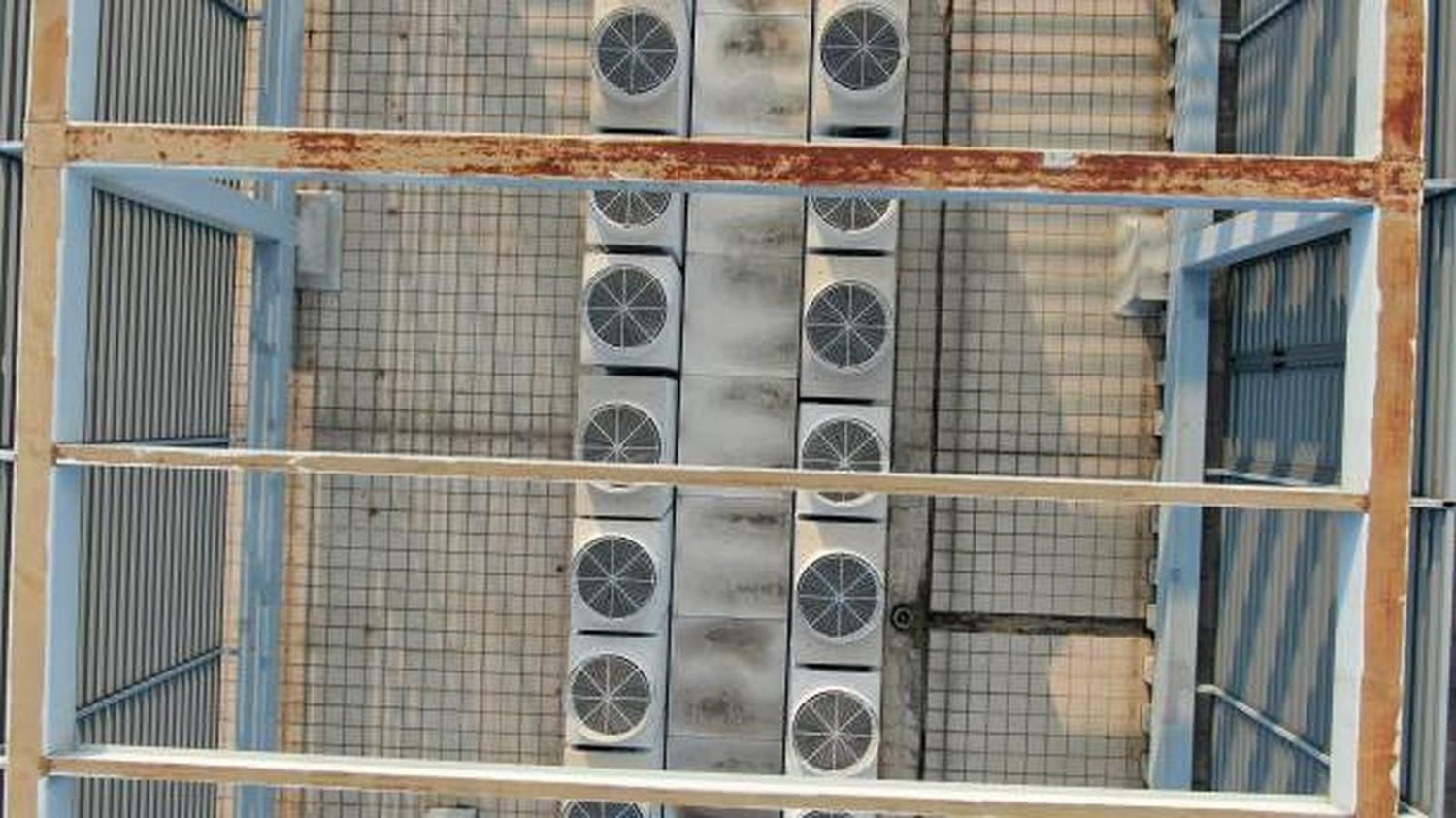Introduction:
Water-cooled chillers are an essential component in many industrial and commercial applications, providing effective cooling for various processes and equipment. These chillers use water as a coolant instead of air, making them more efficient and energy-saving. In this article, we will discuss the benefits of water-cooled chillers and why they are a better option for your cooling needs.
Efficient and Cost-Effective Cooling:
Water-cooled chillers are more efficient than air-cooled chillers because water has a higher heat capacity than air, which means that it can absorb more heat. This means that water-cooled chillers can cool equipment and processes more quickly and effectively, which reduces downtime and increases productivity. Additionally, water-cooled chillers are more cost-effective in the long run because they use less energy than air-cooled chillers, resulting in lower operating costs and a smaller carbon footprint.
Lower Noise Levels:
Water-cooled chillers are quieter than air-cooled chillers because they don't require noisy fans to cool the refrigerant. This makes them ideal for applications where noise levels need to be kept to a minimum, such as hospitals, schools, and office buildings. In addition, water-cooled chillers can be installed outside the building, which further reduces noise levels inside.
Flexible Design:
Water-cooled chillers are highly customizable and can be designed to meet the specific needs of your application. They can be configured to provide different cooling capacities, temperatures, and flow rates, which makes them suitable for a wide range of applications. They can also be designed to fit into tight spaces or to be installed in remote locations, making them a versatile choice for many different industries.
Environmentally Friendly:
Water-cooled chillers are more environmentally friendly than air-cooled chillers because they use less energy and produce fewer greenhouse gas emissions. They also use non-ozone-depleting refrigerants, which means that they are not harmful to the environment. Using water as a coolant also reduces the amount of waste that is produced, as water can be recycled and reused.
Conclusion:
Water-cooled chillers are a better option than air-cooled chillers for many different applications. They are more efficient, cost-effective, and environmentally friendly, and they offer a high degree of flexibility and customization. If you are looking for an effective and energy-saving cooling solution, a water-cooled chiller may be the right choice for your needs.
Understanding the Benefits of Water Cooled Chiller
3 minutes
